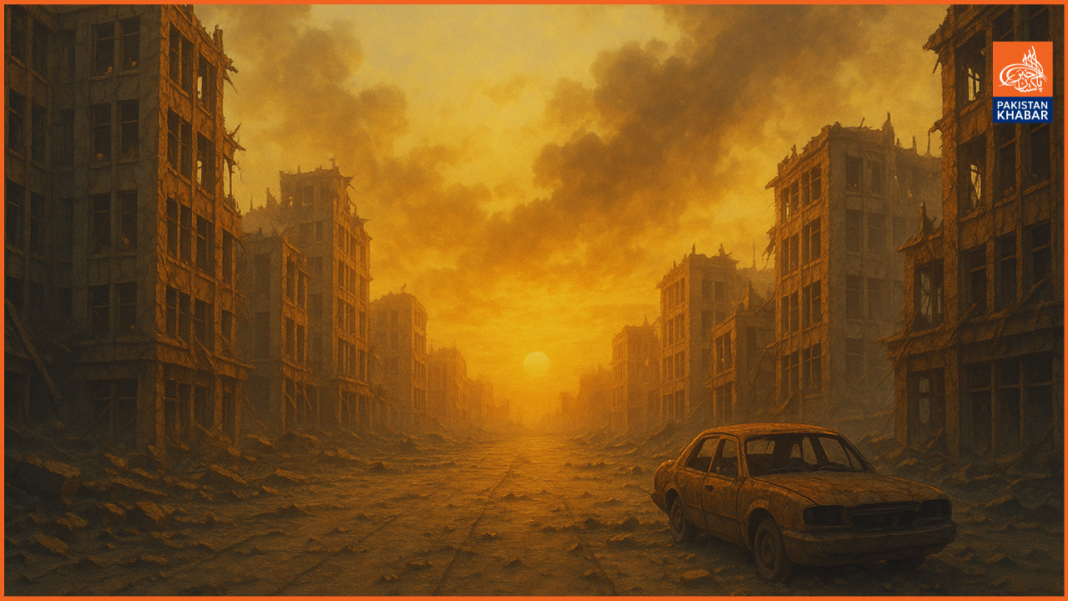Ever found yourself totally lost in games where the world as we know it is collapsing or binge-watching another apocalypse film? Oddly enough, you are not by yourself. Imagining the end of the world has a special comfort; knowing why will help us to clarify the contemporary fears we all experience.
Popular culture is dominated by tales of ending the world. From films like “The Last of Us” and “Mad Max” to books like “Station Eleven,” these apocalyptic stories captivate us and provide both thrills and an odd sort of comfort. But why precisely does picturing world catastrophe seem so strangely comforting?
Psychologists say that apocalyptic dreams appeal to our deep-seated fears about control—or lack—in our daily lives. The fast-paced world of today is full of uncertainty, offers an excessive range of options. The idea of a simplified life appeals oddly since this continual state of instability can be draining. In an apocalypse, life gets down to survival, community, and a clear goal. The stress of constant daily decisions vanishes along with the mess.
These endings of the world also give us a kind of mental rehearsal. Dealing with fictional disaster enables us to psychologically negotiate loss, anxiety, and resiliency without regard to actual outcomes. Therapeutic in nature, it provides a means for us to sort through our shared anxiety about political unrest, pandemics, and environmental change. Even if it’s only subconsciously, by living out worst-case scenarios in our imagination, we develop a psychological edge and feel more ready.
Stories of apocalypse appeal also because they highlight personal connection. With digital interactions often substituting for real-world human contact, modern life sometimes seems isolating. But disaster stories help us to remember the strength of community and solidarity. In fictional breakdowns of society, relationships are most important—whether they be close bonds over limited resources or just around-fire stories sharing. These moments of connection give us hope and assurance that even in the worst of circumstances, humanity can discover unity.
Fascinatingly, escapism also provides solace. When we interact with apocalyptic material, we momentarily distance ourselves from real-life concerns and trade daily fears for a controlled, fictional disaster. Unlike in actual life, these dreams often feature a resolution or triumph. Heroes overcome challenges, communities rebuild, and there’s a consoling belief that people always manage.
Therefore, keep in mind that another dystopian story is more than just entertainment the next time you find yourself engrossed in one. It’s a mirror reflecting contemporary fears and provides psychological solace by means of imagined survival and resilience scenarios.
Dreaming of the apocalypse could be the most consoling escape of all in a society too often feeling chaotic and overwhelming.



